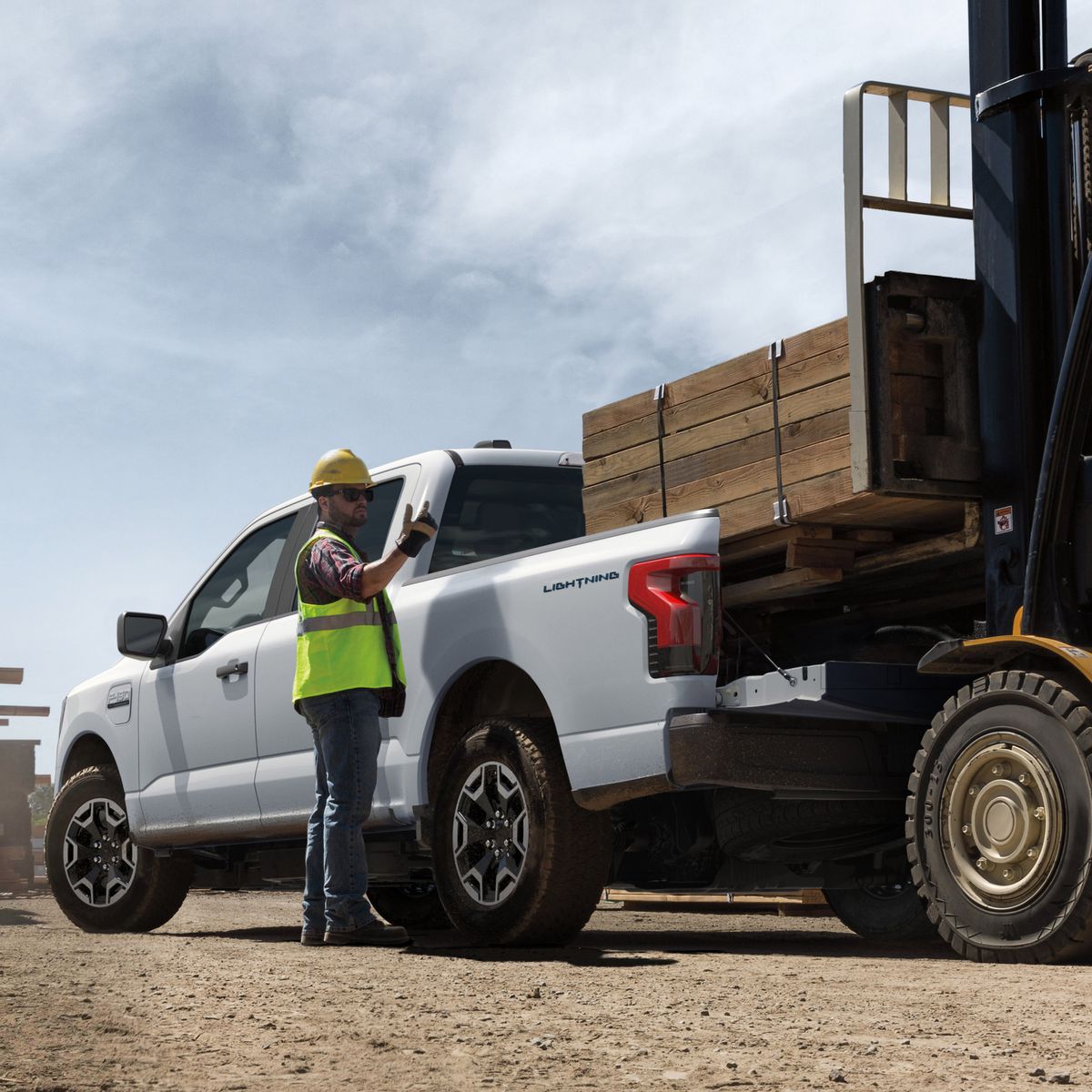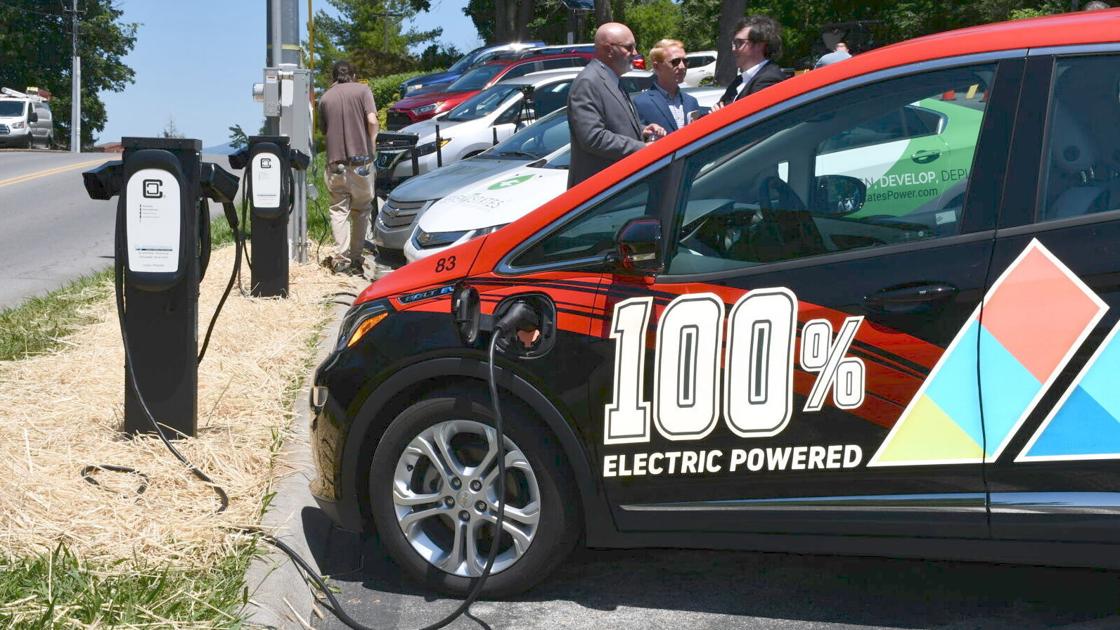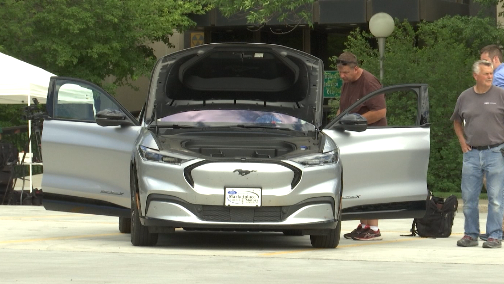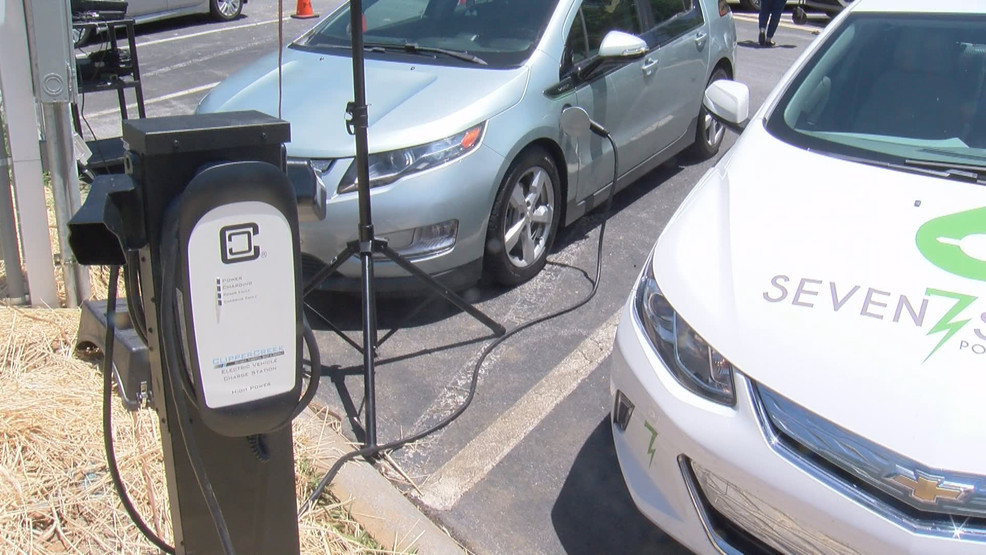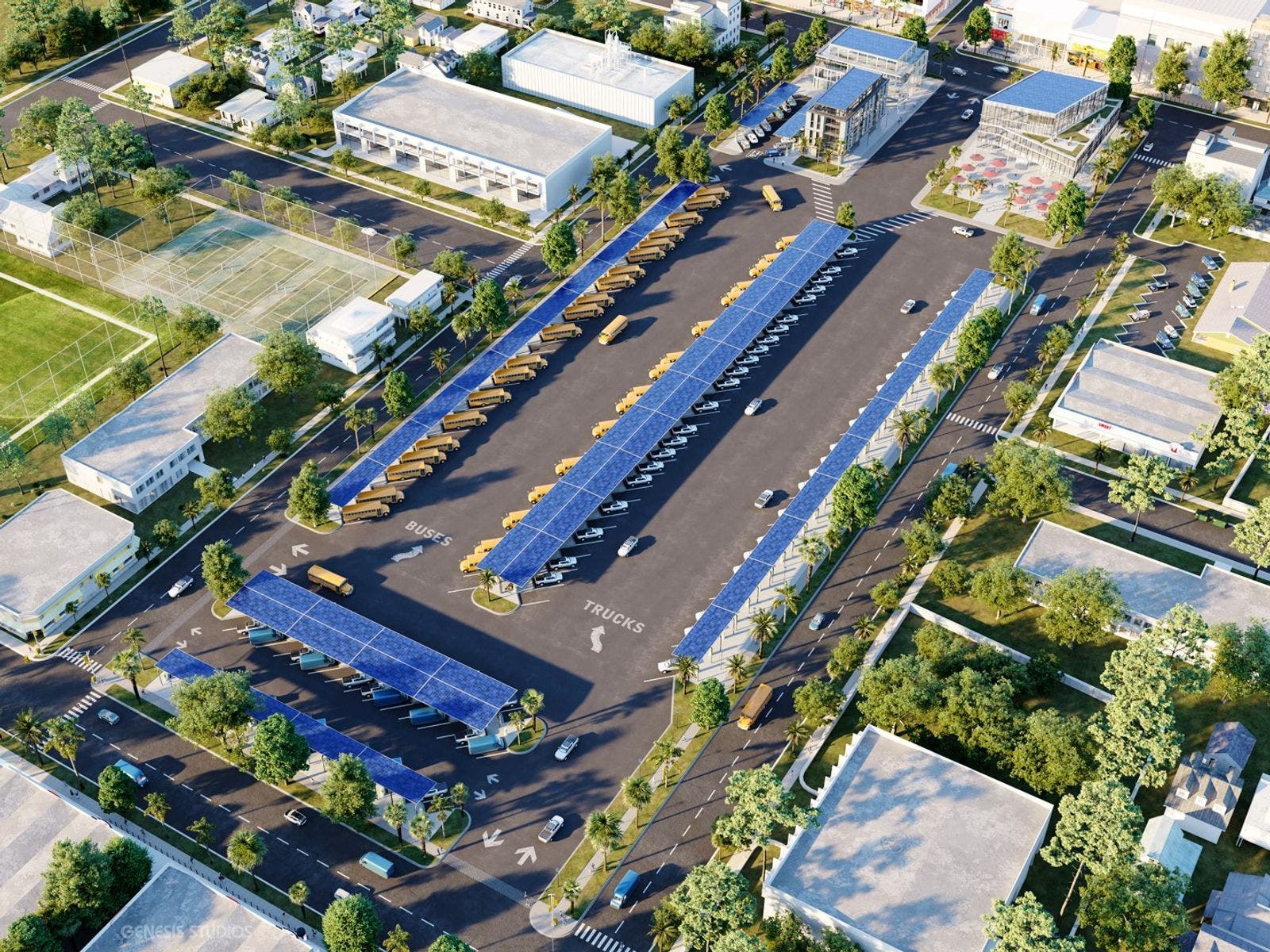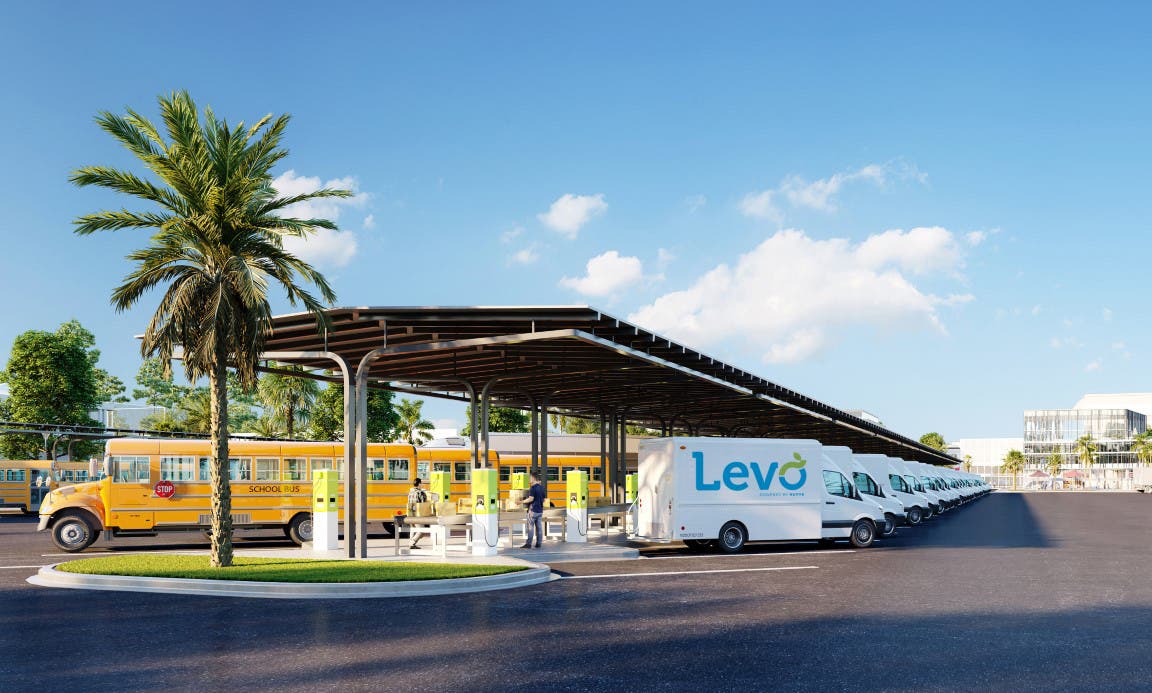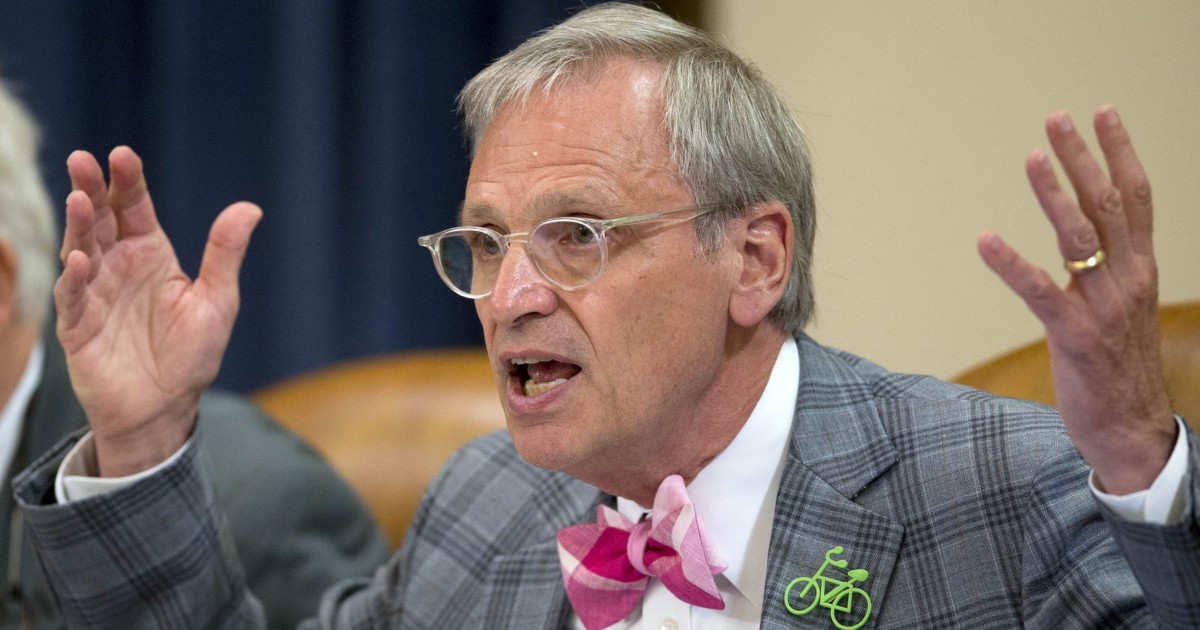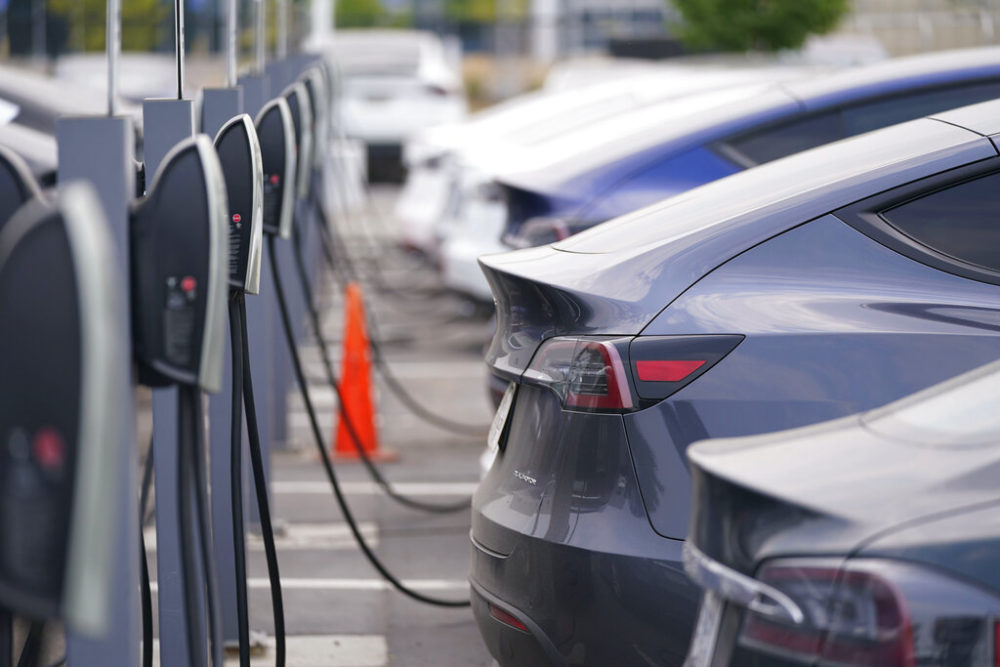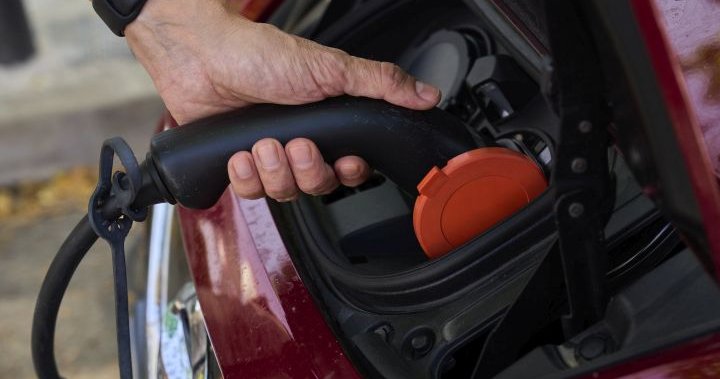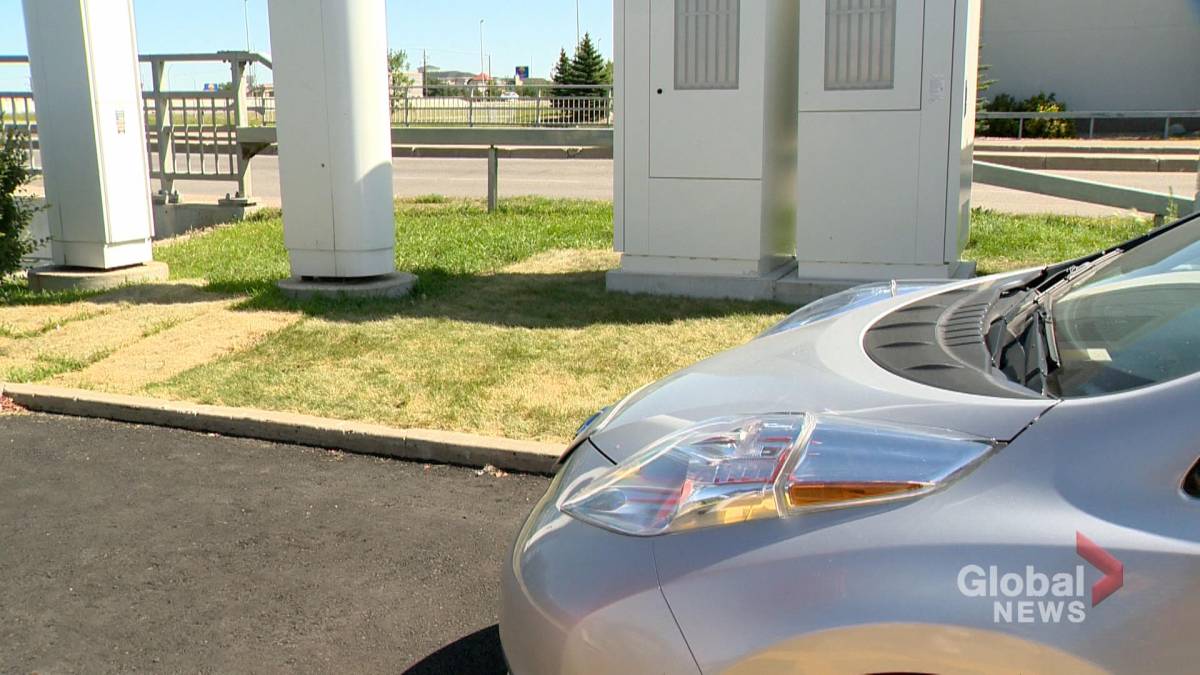Readers React: Era of electric vehicles is coming soon The Morning Call
Electric Vehicles
ETSU unveils eight new electric vehicle charging stations |
JOHNSON CITY — East Tennessee State University unveiled eight new electric vehicle charging stations on campus on Thursday.
The Level 2 Clipper Creek EV charging stations will be in parking lot 15 and in the parking garage.
“These charging stations create opportunities for our students, faculty and staff with electric vehicles to be part of a better future here at our institution,” said ETSU President Dr. Brian Noland.
The charging stations were funded by the campus sustainability fee, which has been part of ETSU’s tuition since 2008, and installed as part of a partnership with Seven States Power Corporation, which is serving as the project manager, and BrightRidge, which is powering the chargers.
“I think we know that this is a part of our energy future, and being ready for it is important and is going to call upon each of us to collaborate across lines that we’ve historically not collaborated across to find ways to implement this technology in a way that’s accessible to not just students at ETSU, but the community as a whole,” said Johnson City Mayor Joe Wise.
The charging stations can provide roughly 25 miles per hour of range for any electric vehicle produced in North America, and have the potential to eventually provide enough electricity to reduce carbon levels enough to equal the planting of 200 trees.
“When the commitment by the car industry is that within the next three or four years, probably less, we will have 135 electric vehicle models available for people to purchase, battery powered is getting to where it will be 400 miles or more on a charge, which will go farther than any gas-powered car will get you,” said Jeff Dykes, CEO of BrightRidge. “So as the state of Tennessee, TVA and Seven States move toward getting those fast charging stations every 50 miles on the interstate, the anxiety of taking a trip in an electric vehicle goes away.”
The unveiling marks the 100th installation of EV charging stations by Seven States Power Corporation. The first was in partnership with BrightRidge in 2019 at the Hands On! Discovery Center
“It takes strong partnerships like these to integrate innovative technologies into our communities, and I see nothing but bright futures ahead for the Tennessee Valley,” said Betsey McCall, CEO of Seven States Power Corporation.
Electric vehicle tailgate held at North Dakota State Capitol Grounds
A snack that has become a staple for so many all across the country, is rooted right here in western North Dakota.
Nearly a decade since its inception, the company’s website estimates more than a billion of these pretzels have been eaten across the country.
The woman behind what some people may call the perfect pretzels is a farm girl, a Wahpeton native and she is this week’s Someone You Should Know.
Dorothy Henke actually never went by ‘Dot’ until it became the namesake of her savory snack.
Next April will mark 10 years since Dot’s Homestyle Pretzels hit the mouths of many and became a hit…and it’s thanks to the customers that the Pride of Dakota product is on store shelves across the nation.
“The consumers were probably the most fun and made us keep going,” Dot said.
Becky Farr got to visit the founding factory in Velva back in 2019 and that’s when she learned the story of how Dot’s came to be.
In short, she just gave them to friends and family and it was at a Pride of Dakota show in Williston when she and her pretzel-partner – her husband, Randy – realized that Dot’s Homestyle Pretzels should be shared on a bigger scale.
Dot said, “The more shows we did, the more people we saw who said, ‘Dot’s is here! yay!’ And that was the fun thing.”
“The shows are a hoot,” Randy said. “You get treated like a rockstar, it’s crazy. Everybody that comes up to you has a story. Everybody.”
The company has grown quite a bit in the past nine years with the pretzels on store shelves in all 50 states and four factories in three states.
They were created from the comfort of Dot’s own kitchen and she could have never imagined that they’d become as popular as they are today.
At the start, she’d work 100 hours a week and was enjoying the job she’d stumbled upon in retirement.
“I absolutely did everything,” Dot said. “And I loved every minute of it. I was busy, probably too busy.”
Dot baked, she did the sales, packaging, shipping, payroll, and accounting.
About 30 years of finance and insurance work sure did help but she says she couldn’t have done it without her better half.
“My husband Randy was definitely my rock,” she said. “There were times when I would be like ‘oh my god I don’t know which way to go,’ and we’d talk it over like we did the same thing with the farm. We’d talk things over, try to make the best decision. Sometimes, [it was a] fail, sometimes it was the best thing we did.”
Speaking of the farm, that’s where she spends most of her time when she’s not a snowbird in Arizona.
She loves to spend time with her family, garden and tend to her flowers, and her role as Founder of Dot’s Pretzels means less time at work and more time for research and development.
The farmstead is where the snacks we all know and love were developed and where future ones will be, too.
So what’s the secret to success?
Staying true to who you are. Randy said, “I knew she was always really dedicated and all in. All in, all the time.”
And, of course, safekeeping of the hundreds of recipes Dot has created over the years.
“You can’t give away everything,” Dot said with a smile.
“We’ve been really fortunate that we’ve had such a unique product that has basically driven itself,” said Randy. “Customers were relentless,” he laughed. “So it was like OK…we can do more.”
“There’s always another story, and they’re always so much fun to listen to,” Dot said, reflecting on the consumers.
Dorothy “Dot” Henke is Someone You Should Know.
ETSU and BrightRidge partner to bring electric vehicles to campus – WCYB
Electric Vehicle Charging Hubs Will Help Scale Fleet Electrification
Charging stations and networks for electric passenger cars are quickly coming online across the country with fast chargers on ever more routes and Level 2 chargers continuously in more places where we work, shop, and sleep.
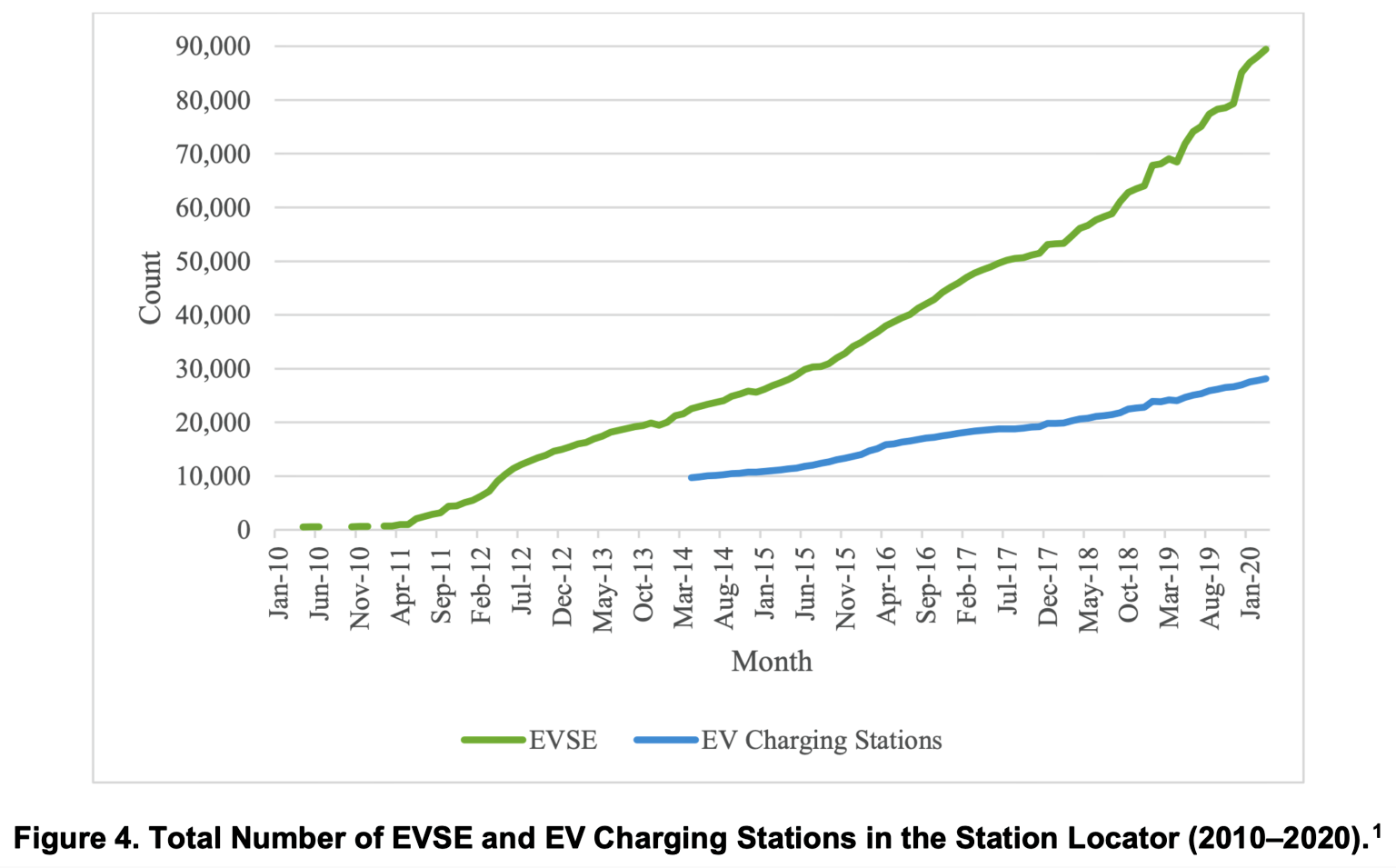
Sourced from CleanTechnica article here
But as our world looks to quickly electrify other types of vehicles including trucks, buses and delivery vans, we’re going to have to rapidly build charging networks for these vehicles too, and this may rely on new fueling models to charge massive fleets.
The company Nuvve is thinking along these lines and working to build EV charging hubs. A charging hub is basically a large fueling station for electric vehicles. It combines wide parking spaces for heavy duty vehicles and bidirectional, V2G EV charging that enables energy sharing between the EV batteries and energy markets that normally cannot be accessed by individual consumers.
Nuvve just announced a new variation on the charging hub that includes its specialty — vehicle-to-grid (V2G). These hubs can combine the energy stored in a bunch of EVs and sell that energy back to the grid to earn revenue and help lower the cost for fleets to electrify. The hubs can also feature renewable energy generation (think lots of solar panels onsite) that can then be stored in the EV batteries thanks to V2G and pushed back to the grid, helping to integrate renewables in a much more predictable and reliable way.
A charging hub centralizes the way fleets charge. Rather than every fleet operator constructing its own massive electric fueling station, which requires intense land development and grid interconnections that have to go through a long review and approval process, companies like Nuvve want to build large charging centers that reduce the number of grid interconnections and support many fleets at one time. This will save fleet operators the enormous expense of installing infrastructure and expedite their timeline to electrify their fleets.
Types of fleets that could immediately benefit from these charging hubs are last-mile delivery, ride-hailing and ride-sharing, transit, and school buses.
And with its even more recent announcement of providing up front financing for fleets including school districts looking to purchase electric buses so they can electrify at a massive scale, Nuvve and companies like it are removing one barrier after another for medium and heavy duty fleets to go electric.
“We need to move from having only a few vehicles in a parking lot that are electric to electrifying as many as possible,” said Marc Trahand, EVP of marketing at Nuvve.
We’ll check back soon as these first charging hubs get built and begin operating and see how they’re moving the needle on electrifying fleets of heavy duty vehicles.

CDFA wants PABs for electric vehicle charging stations
The Council of Development Finance Agencies is including the enactment of tax-exempt private activity bonds for electric car charging stations among its top lobbying priorities for inclusion in federal infrastructure legislation.
CDFA also wants Congress to enact enhancements for aggie bonds and industrial development bonds as well as reinstate the tax exemption for advance refunding bonds.
“The Modernizing Agricultural and Manufacturing Bonds Act encourages common sense changes to Industrial Development Bonds,” CDFA Vice President Katie Kramer told her members in a video conference call Wednesday.
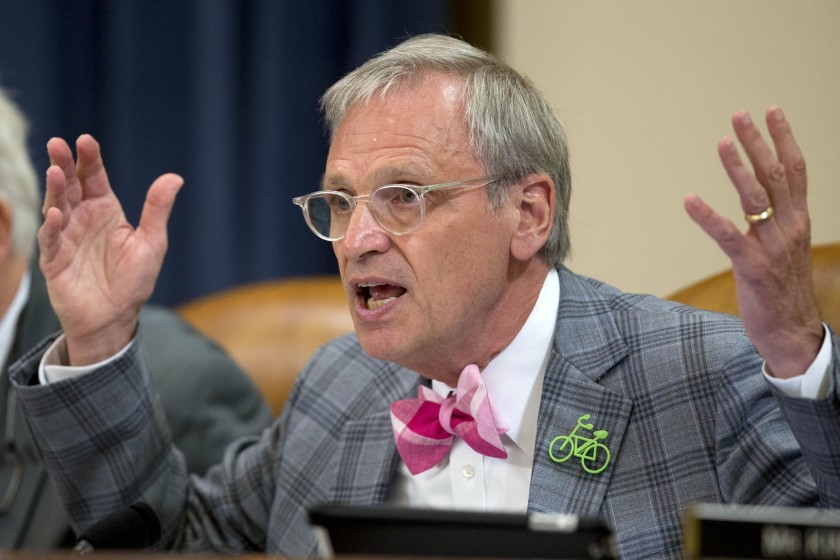
Bloomberg News
The use of both IDBs and aggie bonds have declined because of outdated language and the dollar limits on each issuance. IDB issuance, for instance, totaled only $152 million in 2018 compared to more than $3 billion in 2007.
MAMBA would expand the definition of a manufacturing facility to include intangible property such as bio-technology, and software among others.
It would also allow the use of IDBs beyond just facilities located on the same site as the manufacturing facility to include things such as offices, locker rooms and cafeterias. Currently, not more than 25% of net proceeds of a bond issuance can be used for those facilities. MAMBA would eliminate those financing restrictions.
More importantly, the maximum IDB issuance would increase to $30 million from $10 million.
Likewise, the Aggie Bond proceeds used by first-time farmers to acquire land for farming purposes would increase to $552,500 from $450,000.
Other restrictions on first-time farmers also would be eased. First-time farmers are currently limited to using no more than $62,500 of bond proceeds for depreciable property. That dollar limitation would be eliminated, allowing them to use the entire amount for farming equipment, breeding livestock and other capital assets.
“We’re also encouraging our members to support a new category of exempt facility bonds for electric vehicle charging stations,” Kramer also CDFA members. “Several members of Congress have come out strongly saying that they want to see more robust opportunities and financing around electric vehicle charging infrastructure.
CDFA said the first step will be for Congress to include a bond title in the infrastructure legislation.
“The importance is to make sure that we are a priority for the tax writing committees,” said Eric Silva, CDFA’s legislative representative.
CDFA is asking finance authorities around the country to sign on to a letter listing those measures as the organization’s priorities.
Rich Frampton, vice president of the Illinois Finance Authority, described this year as “the best opportunity that we’ve had in years to enact long overdue tax exempt bond provisions that will one stimulate capital investment in manufacturing and agriculture.”
Officials of CDFA said their priorities have a good chance of inclusion in the developing legislation.
The Modernizing Agricultural and Manufacturing Bonds Act (MAMBA) has bipartisan sponsors on the tax-policy making House Ways and Means Committee, Reps. Stephanie Murphy, D-Fla. And Darin LaHood, R-Ill.
All three House sponsors of the bill to expand the use of private activity bonds to include electric vehicle charging stations are Democrats — Reps. Bradley Scott Schneider of Illinois, Don Beyer of Virginia and Earl Blumenauer of Oregon.
Given the strong push by Democrats to include climate change provisions in whatever infrastructure legislation comes to the floor, PAB-finances EV charging stations might be a cost efficient alternative or supplement to federal grants.
Gov. Stitt, Department of Commerce Secure Historic Electric Vehicle Manufacturing Investment for OK
June 17, 2021
Gov. Stitt, Department of Commerce Secure Historic Electric Vehicle Manufacturing Investment for OK

FORT WORTH, Texas (June 17, 2021) – Governor Kevin Stitt and the Oklahoma Department of Commerce secured a historic electric vehicle manufacturing investment today as Canoo announced a commitment to create more than 2,000 jobs and build its first mega microfactory on a 400-acre site at the MidAmerica Industrial Park located near Tulsa, Okla.
Canoo Chairman and CEO Tony Aquila invited Governor Stitt and Secretary of Commerce and Workforce Development Scott Mueller to the company’s inaugural investor relations day at Texas Motor Speedway to make the announcement.
“Oklahoma has always been a pioneer in the energy industry, and this partnership with Canoo shows that our state is an innovation leader in electric vehicle technology,” Governor Stitt said. “We are thrilled to partner with Canoo and Chairman and CEO Tony Aquila to provide high-paying jobs for Oklahomans and position America as the global leader for vehicle manufacturing for decades to come.”
Aquila praised the governor for his focus on innovation to diversify the state’s economy and Oklahoma’s business-friendly policies.
“We ran a multi-state competition and invested millions of dollars to find the right manufacturing facility,” said Aquila. “Oklahoma was a head and shoulders above the other contenders because of its leadership, energy forward initiatives, strategic location and the hardworking ethic of its people. We would like to congratulate Governor Stitt and his team who competed to have Canoo in their state – and we pledge our commitment to bring more clean energy to the great State. Our investment in this manufacturing and technology center means we will deliver vehicles faster at scale – and fulfill our mission to bring affordable, purpose – built EVs to Everyone. We’re proud to be American made and to bring more than 2,000 jobs to Oklahoma.”
“We have made electric vehicle manufacturing a top priority in our recruitment efforts as we work to further diversify Oklahoma’s economy,” said Secretary Mueller. “Governor Stitt and I were able to work closely with Tony and his team over the last several months and showed the entire Canoo team the many merits of doing business in Oklahoma, including the value of the collaborative effort between great leaders like Tony and the senior leadership of our state. We are excited to welcome Canoo and show the rest of the automotive industry that Oklahoma is open for business.”
Canoo’s mega microfactory is targeted to open in 2023 and will include a full commercialization facility with a paint, body shop and general assembly plant. The campus will also include a low-volume industrialization facility. MidAmerica Industrial Park is a 9,000-acre industrial complex in Pryor, Okla., strategically located near some of the nation’s most highly traveled thoroughfares.
“At MidAmerica Industrial Park, we have been preparing for our next mega-employer for more than 10 years. We have made significant capital investments in speed-to-market capability by building new infrastructure, expanding shovel-ready sites, and strengthening workforce training, recruitment and retention,” said MidAmerica CEO David Stewart. “As the largest industrial park in the Central United States, with abundant renewable resources in power and water, Canoo’s selection of MidAmerica as the site for its inaugural production facility is testament to our competitiveness for new jobs.”
Canoo is scheduled to bring its first vehicle to market in Q4 2022 by partnering with VDL Nedcar while the Oklahoma facility is built.
###
Middle East and Africa Electric Vehicle Charging System Market 2021-2028: Market to Grow at a CAGR of 50.85% – Focus on South Africa, Turkey, the UAE, Saudi Arabia – ResearchAndMarkets.com
DUBLIN–(BUSINESS WIRE)–The “Middle East and Africa Electric Vehicle Charging System Market 2021-2028” report has been added to ResearchAndMarkets.com’s offering.
Middle East and Africa electric vehicle charging system market is evaluated to witness growth in terms of value at a CAGR of 50.85% in the considered period 2021-2028. South Africa, Turkey, the UAE, Saudi Arabia, and Rest of Middle East & Africa form the market in the given region.
In recent years, electric vehicles have gained significant traction in Saudi Arabia. The country is yet to build a detailed framework to incentivize people to shift their preference from conventional cars to electric vehicles.
Even though oil is among the main sources of national revenue, new renewable energy and clean transportation technologies are supporting the economic growth of the country. Under the Vision 2030 plan, the government aims to reduce its reliance on oil, diversify the economy, and deploy various social reforms. Therefore, the push to augment the sales of electric vehicles will increase the need for efficient charging systems, positively influencing the growth of the electric vehicle charging system market.
As per multiple reports, the demand for plugin electric vehicles is growing steadily in South Africa. There is an equal demand for battery electric vehicles in the country. Despite the high price of these vehicles, their demand has been decent in the recent past. Moreover, the implementation of public chargers is growing across the country.
From shopping malls to airports, the charging systems are being deployed across various locations. Hence, such promising growth in electric vehicles will stimulate the expansion of the electric vehicle charging system market within South Africa.
Competitive Outlook
The firms profiled in the electric vehicle charging system market are Delta Electronics Inc, Siemens, ChargePoint, ABB Ltd, Schneider Electric, SemaConnect, and Eaton.
Key Topics Covered:
1. Middle East and Africa Electric Vehicle Charging System Market – Summary
2. Industry Outlook
2.1. Key Insights
2.1.1. Rise in Investments in Electric Vehicle Industry
2.1.2. Rising Environmental Pollution Increases Growth Prospects for the Market
2.1.3. Many Countries Have Set Targets to Phase-Out Internal Combustion Engine Vehicles
2.2. Impact of COVID-19 on Electric Vehicle Charging System Market
2.3. Porter’s Five Forces Analysis
2.4. Market Attractiveness Matrix
2.5. Industry Components
2.6. Vendor Scorecard
2.7. Key Market Strategies
2.7.1. Contracts & Partnerships
2.7.2. Business Expansions & Divestitures
2.7.3. Acquisitions & Mergers
2.7.4. New Product Launches
2.8. Market Drivers
2.8.1. Growth in Electric Vehicle Sales
2.8.2. Governmental Initiatives in Favor of the Market
2.8.3. Technological Innovations
2.9. Market Challenges
2.9.1. High Setup Costs
2.9.2. Lack of Standardization
2.9.3. Extended Charging Time and Competition from Other Technologies
2.10. Market Opportunities
2.10.1. Advancements in Wireless Charging Technology
2.10.2. Growth in Vehicle-To-Grid (V2G) Technologies
2.10.3. Opportunities from Changing Market Dynamics
3. Middle East and Africa Electric Vehicle Charging System Market – by Product Type
3.1. Home Charging Systems
3.2. Commercial Charging Systems
4. Middle East and Africa Electric Vehicle Charging System Market – by Mode of Charging
4.1. Plug-In Charging System
4.1.1. Level 1
4.1.2. Level 2
4.1.3. Level 3
4.2. Wireless Charging System
5. Middle East and Africa Electric Vehicle Charging System Market – Regional Outlook
5.1. United Arab Emirates
5.2. Turkey
5.3. Saudi Arabia
5.4. South Africa
5.5. Rest of Middle East & Africa
6. Competitive Landscape
6.1. Abb Ltd
6.2. Alfen
6.3. Allego
6.4. Blink
6.5. Chargepoint
6.6. Delta Electronics Inc
6.7. Eaton
6.8. Efacec
6.9. Evbox
6.10. Evgo
6.11. Schneider Electric
6.12. Semaconnect
6.13. Siemens
6.14. Tesla
6.15. Webasto
For more information about this report visit https://www.researchandmarkets.com/r/tqpjp7
America’s Electric Vehicle Future | On Point
President Biden took a spin in Ford’s new all electric F-150. American automakers say it’s not long before they’ll completely stop making cars that run on gas. Is this the turning point towards an all-electric future?
Guests
Darren Palmer, general manager of battery electric vehicles for Ford Motor Company.
Jeremy J. Michalek, professor of mechanical engineering and public policy at Carnegie Mellon University. Director of CMU’s Vehicle Electrification Group. (JJMichalek)
Also Featured
Brad Sowers, president of Jim Butler Auto Group, the largest seller of vehicles in Missouri.
Jonathan Levy, chief commercial officer at EVgo, a fast charging network. (@JonDC51)
From The Reading List
MarketWatch: “Opinion: I’m an EV expert, and I’m skeptical about how quickly electric cars will go mainstream in the U.S.” — “Electric vehicle battery prices have fallen dramatically over the past 15 years, outpacing many past predictions, and electric vehicle sales are accelerating exponentially. Governments and businesses are announcing commitments to an all-electric future.”
New Yorker: “Your Electric Vehicle Can’t Get There from Here—At Least, Not Without a Charge” — “I pulled into a Whole Foods parking lot in Bedford, New Hampshire, hoping against hope—but no, someone was already there, their Chevy Bolt plugged into the fast charger. Damn.”
National Geographic: “Will charging electric cars ever be as fast as pumping gas?” — “Electric vehicles are gaining popularity fast, but some prospective buyers remain hesitant. One big reason is that charging EVs is slow.”
Electric vehicle charging stations to be installed in Leduc – Edmonton
A plan to install electric vehicle charging stations has been approved by Leduc city council in a move the city said helps fill a gap for electric vehicle owners driving between Red Deer and Edmonton.

According to the city, there are currently no Level 3 “superchargers” for electric vehicle owners driving from Red Deer to Alberta’s capital, and few charging stations in general between the two cities.
READ MORE: 42 new charging stations added to downtown Calgary parkades
In a news release issued Wednesday, the city said by October, people who drive electric vehicles will be able to plug into charging stations at a city-owned parking lot on the corner of 49 Street and 49 Avenue, about 35 kilometres south of downtown Edmonton.
City council voted to approve the plan on Monday. It calls for a solar carport, a Level 2 charger and a Level 3 charger. Each charger will have the ability to charge two vehicles at a time, according to the city.
READ MORE: Initiative aims to spark electric vehicle tourism across Alberta
Mayor Bob Young said aside from attracting travellers into downtown Leduc, the project aligns with others goals the city has as well.
“We continue to look for ways to boost Leduc’s economy, support sustainable options for residents and visitors, and work toward our greenhouse gas reduction targets,” he said.
“The installation of the solar carport and electric charging stations right in our downtown is another step forward in this work.”
READ MORE: ‘It’s not going to happen by accident’: The push for an EV revolution in Canada
The city projects the solar carport will reduce Leduc’s carbon dioxide emissions by about 15 tonnes a year. Currently, the city estimates there are about 15 to 20 electric vehicles owned by people who live in Leduc but it expects that number will continue to grow in the coming years.
READ MORE: Alberta’s NDP government announces plan to fund electric vehicle network
Installing the infrastructure will cost about $220,000, the city said, noting that the city’s expense is expected to be subsidized with a $70,000 grant.
“The revenue generated from the solar carport is estimated at $10,000 per year and will pay back the city’s portion of the cost in roughly 15 years,” the city said.
“The carport will generate more power than what will be used by the car chargers, and will provide motorists an opportunity to charge their vehicles at no cost.”
Watch below: Some Global News videos about electric vehicle charging stations.
© 2021 Global News, a division of Corus Entertainment Inc.
